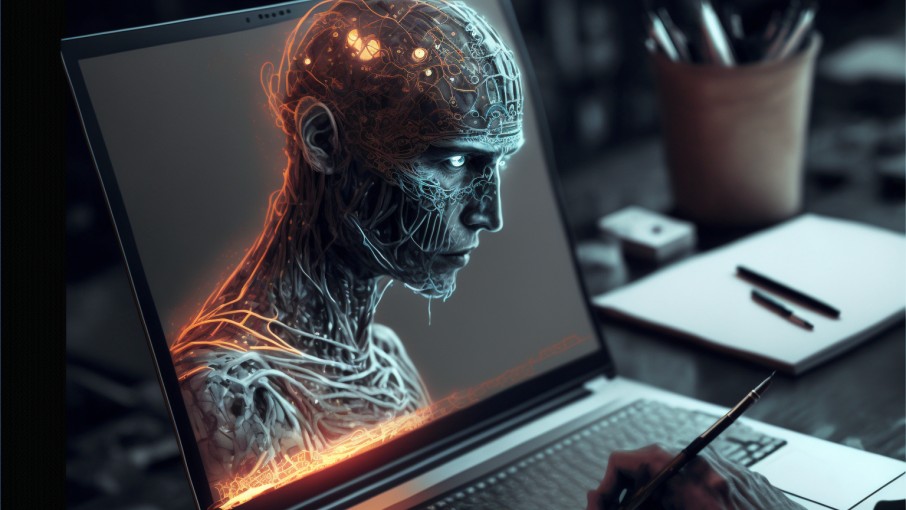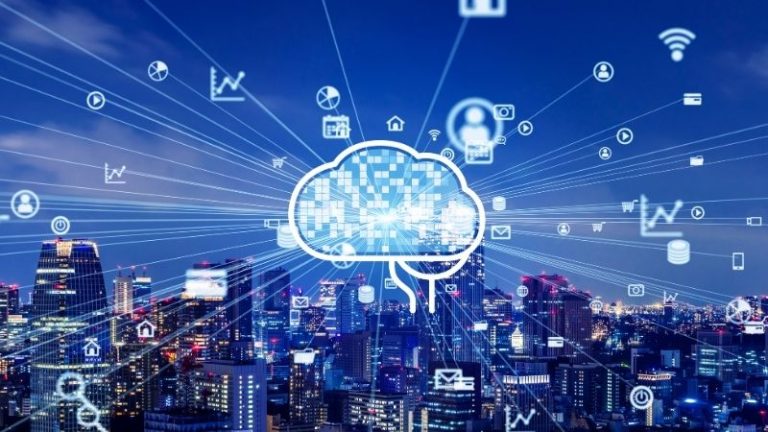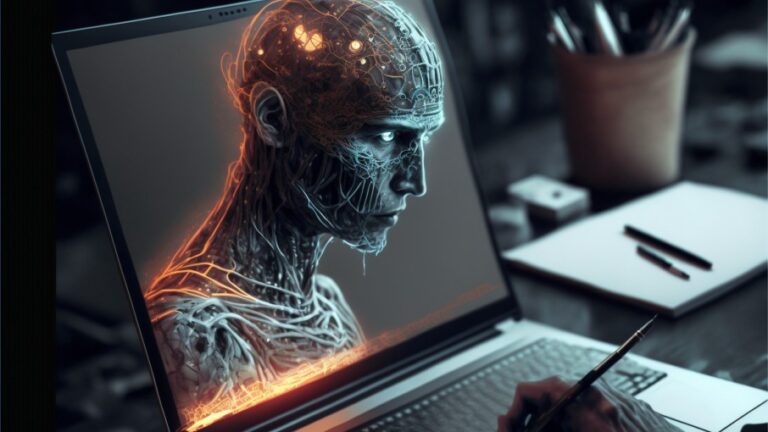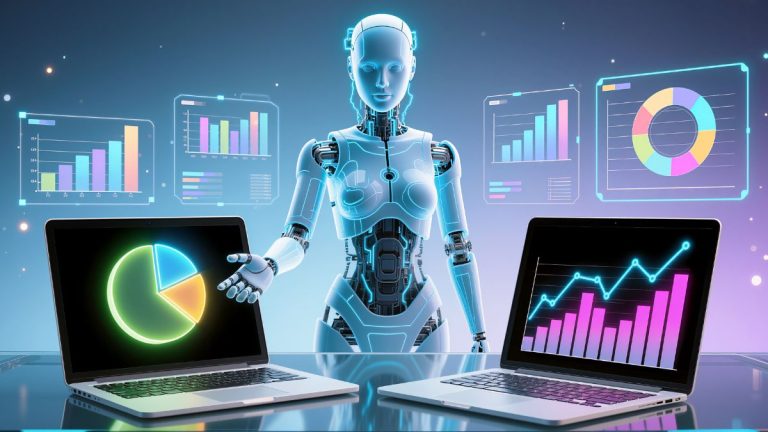Will Artificial Intelligence Shape the Future of Cybersecurity Legislation?

The protection of sensitive data and critical infrastructure has never been more critical. As we navigate the ever-evolving landscape of technology and its vulnerabilities, the realm of cybersecurity laws stands at the forefront of our defense against cyber threats. With the relentless march of technology, the question arises: how is artificial intelligence influencing the future of cybersecurity legislation? This article aims to provide you with an in-depth exploration of the role AI plays in shaping the landscape of cybersecurity laws.
The Evolution of Cybersecurity Legislation
To better understand the potential impact of artificial intelligence on the future of cybersecurity, let’s first examine the evolution of cybersecurity laws.
A Brief History of Cybersecurity Laws
In the early days of the internet, the concept of cybersecurity legislation was in its infancy. Governments and organizations were just beginning to comprehend the potential risks posed by cyber threats. Legislation, if it existed at all, was rudimentary, often lacking the depth and precision required to address the ever-growing threat landscape.
The Need for Adaptation
As technology advanced, the need for more robust and comprehensive cybersecurity laws became apparent. Cyberattacks were no longer limited to isolated incidents; they grew in scale and sophistication, prompting governments to take action. This led to the introduction of various cybersecurity laws and regulations aimed at safeguarding sensitive information and critical infrastructure.
Frequently Asked Questions
To provide a comprehensive understanding of the topic, let’s address some frequently asked questions about the relationship between artificial intelligence and cybersecurity law.
1. How is AI influencing the development of cybersecurity laws?
Artificial intelligence is revolutionizing the field of cybersecurity by providing tools and solutions that enhance threat detection, response, and prevention. Machine learning algorithms can analyze vast amounts of data to identify patterns and anomalies that humans might miss. This capability is invaluable in fortifying our defenses against cyber threats, prompting lawmakers to adapt and refine existing cybersecurity to accommodate these new technologies.
2. What are the key areas of cybersecurity impacted by AI?
AI’s influence extends to various aspects of cybersecurity. It affects data protection and privacy laws, as AI can be used to bolster data security and enforce compliance. Additionally, AI plays a pivotal role in regulating critical infrastructure protection, helping identify vulnerabilities and potential threats to essential services. Furthermore, AI technologies are integrated into international agreements and norms governing cyber warfare and espionage.
3. What challenges does AI pose to cybersecurity legislation?
While AI enhances our ability to combat cyber threats, it also presents challenges to existing legislation. Questions about AI’s autonomy in decision-making, accountability, and potential bias require careful consideration. Legislators must strike a balance between empowering AI for defense and ensuring it adheres to ethical and legal standards. The dynamic nature of AI necessitates continuous updates to legislation to keep pace with technological advancements.
4. Are there global standards for AI in cybersecurity law?
As the digital world knows no borders, international cooperation is essential in addressing cybersecurity threats. While there is no single global standard, various international agreements and organizations work towards establishing norms and rules for AI in cybersecurity. The United Nations and other international bodies are actively engaged in discussions to create a unified approach to regulate AI in the context of cybersecurity.
Conclusion
The integration of artificial intelligence into the field of cybersecurity is an inevitable and vital step towards safeguarding our digital future. As technology evolves, so too must the laws and regulations that govern it. While AI offers remarkable capabilities for identifying and mitigating cyber threats, it also presents challenges in terms of ethics, accountability, and the need for continuous updates to legislation.
The future of cybersecurity will depend on our ability to strike a balance between harnessing the power of AI for defense while maintaining the integrity of legal and ethical standards. As we adapt and evolve, one thing remains clear: the interplay between artificial intelligence and cybersecurity will continue to shape the way we protect our digital assets and critical infrastructure.
This article has sought to shed light on this complex and evolving relationship, and we hope it has provided you with valuable insights into the role of AI in shaping the future of cybersecurity.






